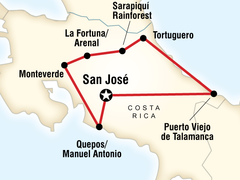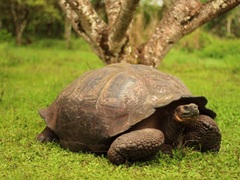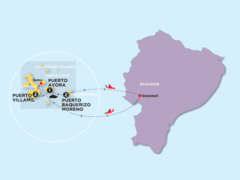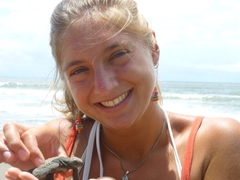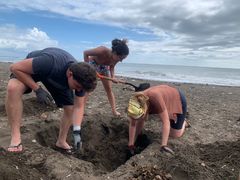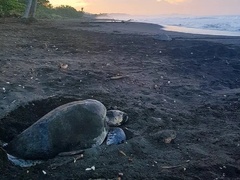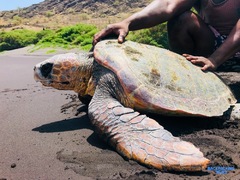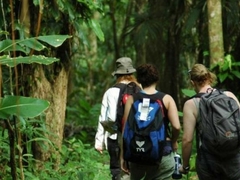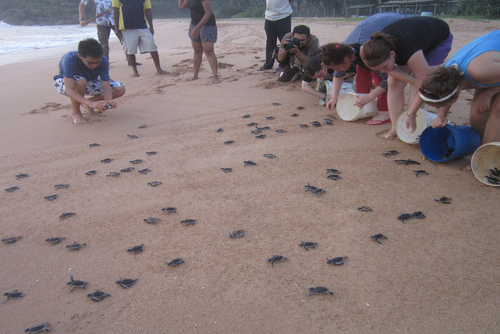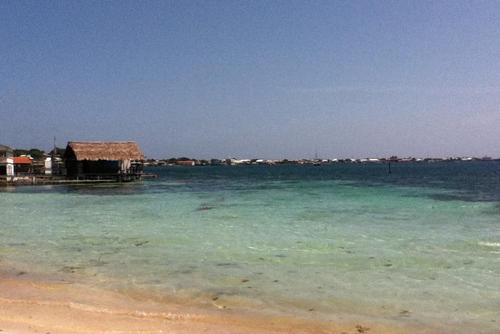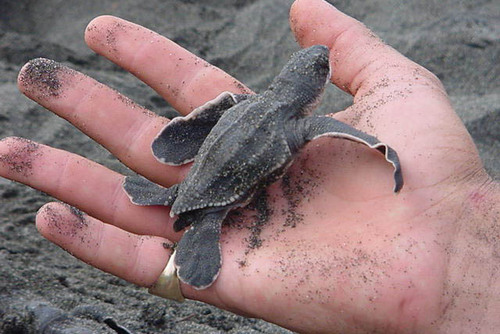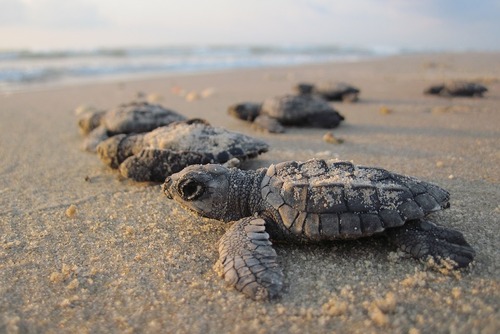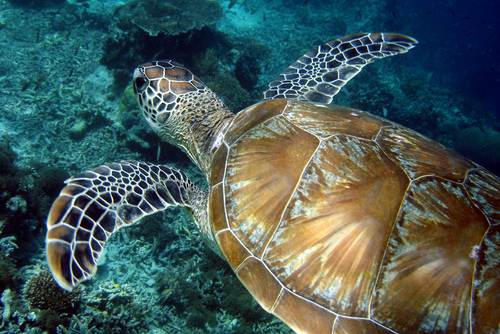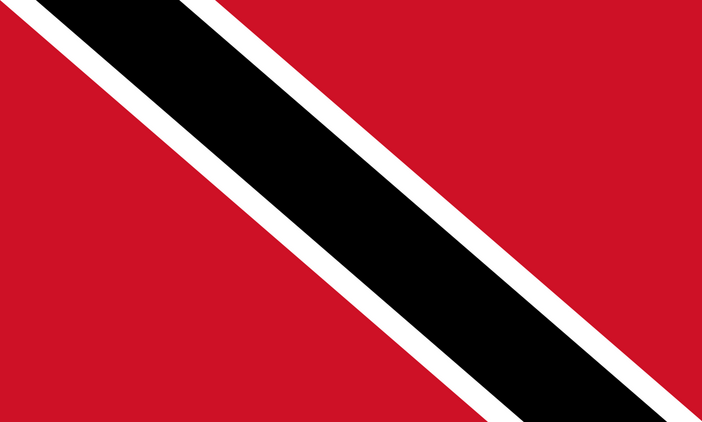WIDECAST is an expert network of biologists, managers, community leaders and educators in more than 40 nations and territories, committed to an integrated, regional capacity that ensures the recovery and sustainable management of depleted sea turtle populations., we run 2 projects working with volunteers in sea turtle conservation. Beach projects on the Caribbean and In-water population studies on the Peninsula de Osa. We are committed to an integrated, regional capacity that ensures the recovery and sustainable management of depleted sea turtle populations.
Aims:
Borrowing the parlance of sustainable development, a sustainably managed sea turtle population might be defined as one that meets the needs – ecological, economic, socio-cultural, political, aesthetic, spiritual – of the present without compromising the ability of the population to fulfill these roles in the future. To this end, LAST seeks to bring the best available science to legislation and policy; to education, training and outreach; to conservation and advocacy; and to in situ research and population monitoring.
If policies aimed at sustainability are our goal, what do such policies look like? What role can an individual (a community, a nation) play? This conservation program is designed to empower you to make more informed choices, choices rooted in the belief that the decisions we make today will create the choices (and opportunities) of tomorrow, just as the decisions of generations past have painted the landscape that we see today.
We, LAST Costa Rica, are looking for new volunteers or research assistants for our sea turtles conservation projects on the Caribbean (beach projects) and Pacific (In-water studies and daily surveys) coastline in the upcoming season.
Projects:
Caribbean:
Our projects on the Caribbean , namely Pacuare and Moin, will start in the middle of February with the beginning of the nesting season of the Leatherback Sea Turtle, lasting until July and the last nests hatching in August. In Pacuare, the season will continue with the nesting of the Green Sea Turtle until October and the last eggs hatching in November. Even though, there is no nesting in December and January, we will continue the work at our rescue center for sea turtles.
Caribbean coast:
Project Pacuare: This project is in the north of Limón (Capital of the Caribbean Province of Costa Rica), south of Parismina river. The main thread that we address is the poaching and hunting of nests and nesting females. Therefore the project combines night beach patrols, hatchery work and a rescue center for sea turtles. The duties of the volunteers are patrolling the beach at night, hatchery shifts and beach cleaning, maintenance work and helping at the rescue center like nursing sea turtles or cleaning tanks. The project is open year-round. February to
July: Leatherback Sea Turtles and June to November: Green and Hawksbill Sea Turtle. Even though there is no nesting in December and January, there are still a lot of tasks to fulfill. The night patrols encounter poacher frequently, but the project is running a strictly non-confrontational policy by which an escalation of encounters between night patrols and poachers could have been avoided over the last seven years by a hundred percent. The project side is rather remote: no electricity and you have to go there by boat (US$ 35 per person). Also the opportunity to attend Spanish classes can be arranged.
Peninsula de Osa - In-water studies:
This project is located a little bit in the north of Puerto Jimenez on Playa Blanca. This project combines boat trips to conduct In-water studies, a rescue center for sea turtles, a mangrove reforestation project and a support of the local blue flag group. This generates a lot of different duties: beach cleaning, reforestation work, helping in the rescue center and, twice a week, there will be boat trips to conduct research on the in-water sea turtle population. Project staff and volunteers go with our boat to our capture site and use a net to catch sea turtles, mostly Green Sea Turtles.
If we catch one, we take them into the boat and take various samples:
- Blood samples to analyze the physical condition of the sea turtle and to look for differences in the females between nesting and feeding period.
- Tissue samples to examine the mitochondrial DNA to reconstruct the lineage of the females.
- Mucus samples from the eyes, the nose and the cloaca to scan for microscopic parasites.
We also collect data recording the size of the carapace and tag them with metal tags in case the sea turtle doesn't have any tag, before we release them again. But dealing with the sea turtles might seem rough an unpleasant for them, so please be sure that you can handle it.
Volunteers:
- Minimum of stay: 7 nights/ 8 days
- Price: From US$40 per night for three meals a day and accommodation (shared rooms and bath). But ask for our "START OF THE SEASON"-Specials!
Research asssistants:
- Minimum of stay: 2.5 - 3 months
- Price: US$ 0 - 10, depending on the skills and experience of the applicant
- Need to have a academic background in biology/evironmental or conservation sciences/ veterinary medicine
If you have any questions or to apply please do not hesitate to contact us!

